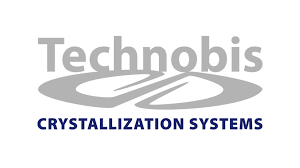

Amorphous materials, known for improving solubility and dissolution rates, face stability challenges, losing their beneficial properties. Stabilizing these materials in a polymer matrix through amorphous solid dispersions helps retain their advantages. By embedding active ingredients in polymers, the stability and solubility are enhanced, with formulation optimization achieved by adjusting solvents, drug loads, and temperature profiles. Polymers also exhibit different thermal behaviors, such as LCST (Lower Critical Solution Temperature), which are important for developing controlled drug delivery systems. Automated systems, such as the Crystal16® , enhance efficiency in drug formulation by determining solubility curves and dissolution rates through transmissivity measurements, which also help identify key processes like micelle formation.
- Understand how amorphous materials improve drug solubility and the need for stabilization in polymer matrices.
- Learn how polymer thermal behaviors, including UCST and LCST, impact drug delivery systems, with a focus on materials like PEG and polyoxazoline, which exhibit inverse solubility behavior at higher temperatures.
- Explore the use of transmissivity in tracking micelle formation, with low transmission indicating undissolved particles and an increase to 70% marking micelle formation.
- Recognize the benefits of using automated systems, such as the Crystal16®, for efficient solubility testing, dissolution rate analysis, and reproducible results in drug formulation.

Copyright © 2025 American Chemical Society | 1155 Sixteenth Street NW | Washington, DC 20036 | View our Privacy Policy